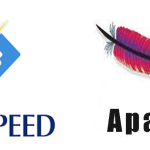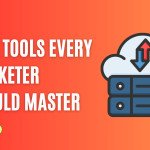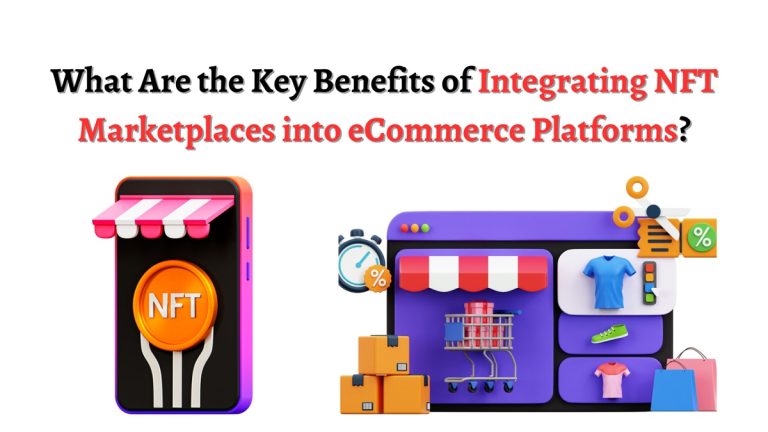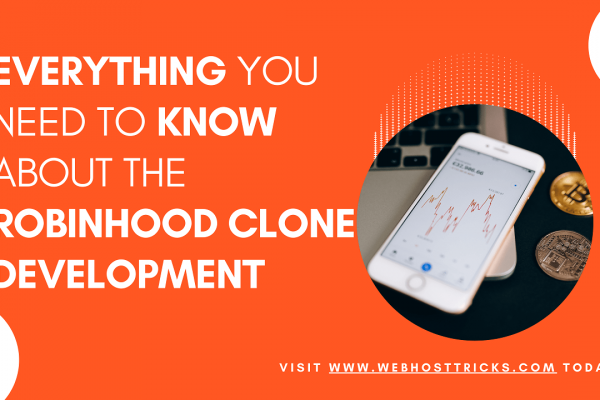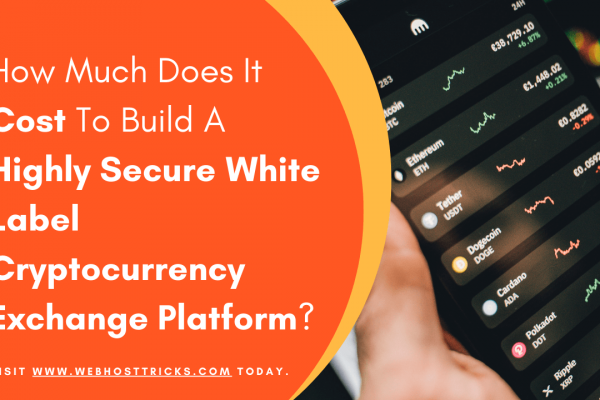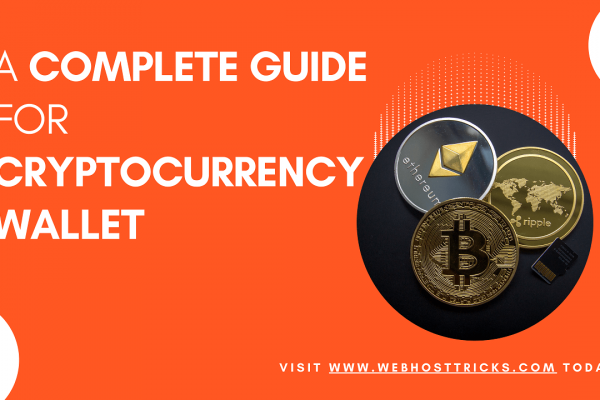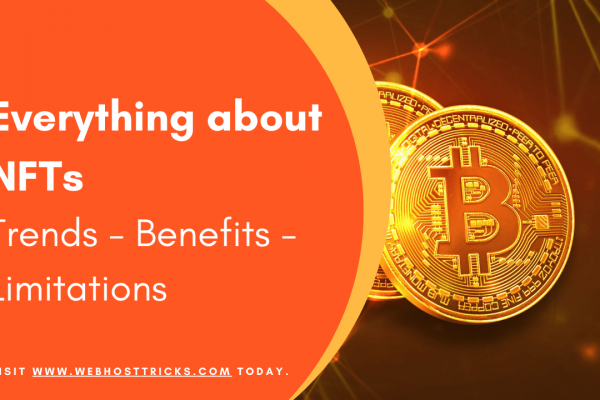The non-fungible market has enormous potential, with the number of NFT users expecting to reach over 19.31m by 2027. Moreover, the NFT market is expected to show revenue growth of a CAGR of 18.55% from 2023 to 2027, projected to generate approximately US$3,162.00m by 2027.
An NFT marketplace provides eCommerce businesses with an innovative platform where they can sell their products or services. On the other hand, buyers make their collection of rare digital assets. The rise in the popularity of the influencer community, gaming community, and digital arts are contributing to the growth of the NFT market. The NFT marketplaces widely popular among NFT enthusiasts are OpenSea, Nifty Gateway, SuperRare, SuperRare, and more.
To establish yourself in this competitive market, you must create a unique and easily accessible NFT marketplace to attract new consumers. Many parameters affect the NFT marketplace development, such as its features, tech stack, development cost, etc. You can hire an eCommerce development company familiar with blockchain technology, NFT, AR/VR, AI, etc., to develop an eCommerce platform integrating the NFT marketplace.
The Future of NFTs in eCommerce Platforms
Over the years, NFTs have established a strong position in the crypto sector with high value and demand. On the other hand, eCommerce is an indispensable part of global retail. Hence, powering the eCommerce platform with NFT marketplace potential can be a profitable transformation and offer limitless opportunities for the future.
1. Ownership Authenticity
NFTs allow you to have ownership of your preferred digital assets. Since NFTs are decentralized and immutable, they cannot be replicated or deleted. Therefore, users can retain the ownership of NFTs with the unique-id, providing clarity on the product’s authenticity.
2. Decentralization
Since the NFT marketplace follows a decentralized model, digital assets have no centralized authority. This allows users to have better control over their assets without going through an intermediary.
3. Smart Contracts
Smart contracts in the NFT marketplace provide the functional infrastructure to perform activities automatically without human intervention. Usually, smart contracts are used to mint NFTs and assign or reassign ownership when an NFT is being sold.
Advantages of Integrating NFT Marketplace in eCommerce Platform
NFTs empower eCommerce businesses to utilize intelligent technologies like blockchain to improve the security and efficiency of the platform. Hence, your eCommerce platform integrated with the NFT marketplace can leverage the benefits of blockchain.
NFT provides many benefits to eCommerce platforms, such as digital ownership, fast and secure accessibility, and data traceability. Let’s take a look at some of these benefits.
1. Digital Duplicates
NFT marketplace enables digital/physical hybrid of the products on the eCommerce platforms by creating the NFTs of the physical products. Since the popularity of NFTs is on the rise, you can leverage this market by selling digital duplicates of the products. This can improve customer loyalty by presenting exclusive rewards and offers.
2. Product Authentication and Verification
Customers often encounter wrong or false products that can lead to drastic financial and reputational loss. Therefore, your eCommerce platform needs robust product authenticity and security policies. With the power of blockchain in the NFT marketplace, you can trace product history, ensuring its authenticity.
Moreover, in the NFT marketplace, one can assign a unique value to any physical product to ensure that the product is genuine. Thus, it can enhance brand reliability and build trust.
3. Smooth Inventory Management
One significant benefit of an NFT marketplace is traceability, which can also help maintain your inventory operation. You can manage your large data storage and inventory resources with excellent tracking and traceability.
4. Running Customer Loyalty Programs
The current eCommerce market is highly competitive. Therefore, it has become increasingly crucial for platforms to find innovative ways to attract customers. Customers look for long-term benefits from loyalty programs. NFT marketplace helps eCommerce businesses to create loyalty programs that add value to the platform with NFT-based rewards and discounts. Running customer loyalty programs can also help you retain valuable customers.
5. Proof of Ownership and Transaction
Since the NFT marketplace is immutable and decentralized, it eliminates the intermediaries in the supply chain. NFTs are publicly verifiable on the blockchain and enable a secure transfer of ownership.
6. Pre-launching Physical Products
Many big brands like Nike and Adidas are creating NFTs before launching physical products as part of their marketing strategy. The early-access buzz around the NFT helps you grab the attention of your early customers pre-launch.
7. Selling Collector’s Items
Collector items in the NFT marketplace refer to an article that possesses significant value among fans—for instance, any rare items or re-imagined versions of the brand’s iconic assets. By selling collector’s items, you can build a connection with customers and raise brand awareness.
Cost of Developing an NFT Marketplace
A standard NFT marketplace can develop within 4-6 months, depending on your project requirements and complexity. The average NFT marketplace development cost can be anywhere from $150,000–$200,000, considering every phase from discovery to the final launch.
Several factors affect the cost of developing an NFT marketplace, such as:
1. NFT Marketplace Niche
Analyzing your target audience and competition will help you define the suitable niche of your NFT marketplace. Based on this, you can prioritize the features and decide on the project timeline.
2. Blockchain Platform Selection
The blockchain platform you integrate into your NFT marketplace will also influence the NFT marketplace cost. There are many blockchain platforms to select from, such as Ethereum, Binance Smart Chain, Cardano, etc.
3. NFT Marketplace Development Services Cost
The charges of NFT marketplace development services also influence the cost of developing an NFT marketplace. You can find suitable companies to hire on business listing sites like Clutch, Softwaresuggest, Trustpilot, etc.
4. Cost of Integrating Crypto Payment Gateway
You must integrate a payment gateway into your NFT marketplace to enable the trading process. Many third-party cryptocurrency payment gateways exist in the market, such as BitPay, CoinGate, Coinbase Commerce, etc.
eCommerce Businesses Thriving With NFT Marketplace
Different types of online businesses can leverage NFTs, such as fashion & apparel, home decor, digital collectibles, digital artworks & images, etc. With NFT marketplace development, eCommerce businesses can improve their efficiency and sales growth. Consequently, many big brands, like Adidas, Nike, Gucci, etc., already leverage the huge NFT market.
